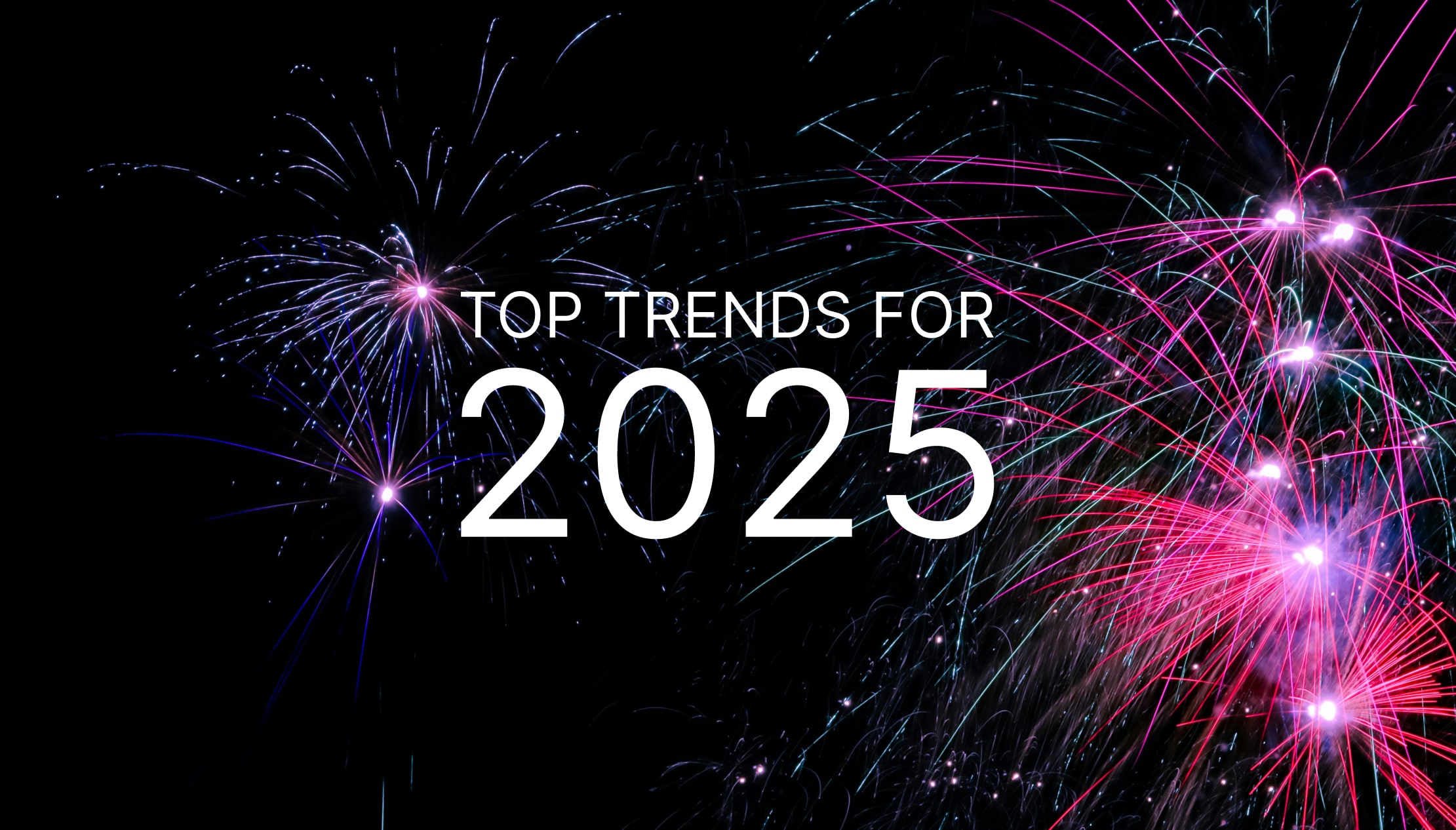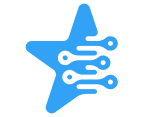Top Software Trends to Watch in 2025 (And Why Your Toaster Might Be Smarter Than You Soon)
Top Software Trends to Watch in 2025 (And Why Your Toaster Might Be Smarter Than You Soon)

Welcome to 2025, where the future is officially now! Software development is hurtling forward faster than a caffeine-fueled developer debugging on a deadline. Here’s a peek into the trends that are set to dominate this year—complete with a dash of humor, because even AI knows software isn’t all serious business.
AI Takes the Wheel (Again)
Artificial Intelligence is no longer just your autocomplete buddy or the thing that powers your “Discover Weekly” playlist. In 2025, AI is stepping up its game, integrating into everything from customer service to creative work.
•What It Means for You: Your software might write poetry, debug itself, or help Grandma pick out the perfect cat meme.
•Pro Tip: Don’t call it “Skynet.” It gets offended.
Low-Code and No-Code Revolution
If coding were a pizza, 2025 is the year the chef lets you pick the toppings without stepping foot in the kitchen. Low-code and no-code platforms are empowering non-developers to build software.
•What It Means for You: Your marketing intern might create an app faster than you can say “deployment pipeline.”
•Potential Pitfall: Brace yourself for a flood of “Can you fix my app?” requests from well-meaning amateurs.
Quantum Computing: It’s Not Just for Scientists Anymore
Quantum computing is no longer just a topic for Ph.D. dissertations. By 2025, businesses are exploring quantum software for solving problems too big for classical computers.
•What It Means for You: We’re one step closer to cracking the mysteries of the universe—or at least calculating your coffee rewards points faster.
•Warning: Don’t try to explain qubits to your manager. Just say, “It’s like regular computing, but cooler.”
The Metaverse Isn’t Dead—It Just Got Practical
While the buzz around the metaverse has simmered down, 2025 is the year it finds its footing. Forget cartoon avatars and clunky VR headsets—this is about creating immersive, practical applications.
•What It Means for You: Virtual offices might replace awkward Zoom calls, and online shopping could become a stroll through a digital mall.
•Challenge: Convincing your dog it’s not real when they start barking at virtual squirrels.
Cybersecurity Gets Personal
Hackers aren’t slowing down, but neither are cybersecurity measures. Expect software to focus more on personal security, with advanced encryption, biometric authentication, and AI-driven threat detection.
•What It Means for You: Your password might be replaced by a retinal scan, and your fridge might email you if someone tries to hack it.
•Heads Up: “12345” is still not an acceptable password. Yes, even for your smart light bulb.
Sustainable Software
With the planet’s future in mind, software developers are focusing on efficiency and energy conservation. Expect greener data centers and software that’s optimized to use fewer resources.
•What It Means for You: Your app’s carbon footprint might finally be smaller than your dog’s.
•Fun Twist: Developers might have to say goodbye to the “infinite loop”—because it’s not eco-friendly.
Everything Is an API
2025’s motto? “If it exists, there’s an API for that.” Software is moving toward unprecedented connectivity, with APIs tying together apps, devices, and platforms in ways we couldn’t have imagined.
•What It Means for You: Your fridge can order milk, your watch can start your car, and your toaster might host your next team meeting.
•Warning: Just don’t let your smart devices unionize. They might ask for a break.
Developers Embrace AI-Powered Tools
Developers are using AI to write better code faster. These tools are like having a genius assistant who never sleeps—but they might occasionally suggest writing everything in COBOL for “fun.”
•What It Means for You: Fewer bugs (hopefully), faster releases, and maybe a little existential crisis for developers wondering if they’ll be replaced.
•Reassurance: Don’t worry—AI still doesn’t understand your clever variable names like x9AwesomeThing.
Extended Reality (XR) Goes Mainstream
Virtual Reality (VR), Augmented Reality (AR), and Mixed Reality (MR) are blending into Extended Reality (XR), creating new ways to interact with software.
•What It Means for You: Your meetings might involve holograms, and your fitness app could coach you through a zombie apocalypse simulation.
•Challenge: Explaining to your family why you’re swatting the air while wearing a headset.
The Rise of Ethical Software
As technology impacts society more than ever, ethical considerations are becoming central to software development. Privacy, inclusivity, and fairness are no longer optional.
•What It Means for You: Developers are being held accountable for the ripple effects of their creations.
•Moral of the Story: Just because you can build it doesn’t mean you should. Looking at you, talking refrigerators.
2025 is shaping up to be an exciting, slightly weird, and highly innovative year for software development. Whether you’re diving into AI, exploring quantum possibilities, or just trying to get your toaster to stop arguing with your smart speaker, one thing’s for sure: the future of software is bright (and occasionally a little snarky).
Now, let’s embrace the chaos and build something amazing—because if there’s one thing we know, it’s that developers love a challenge. Even if that challenge is debugging code written by AI at 3 a.m. Cheers to 2025!

